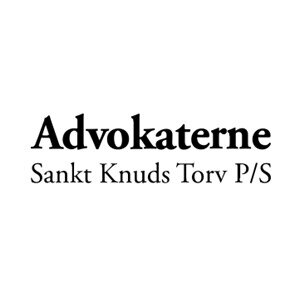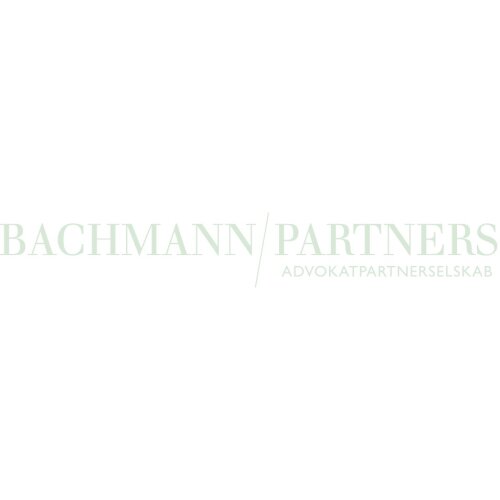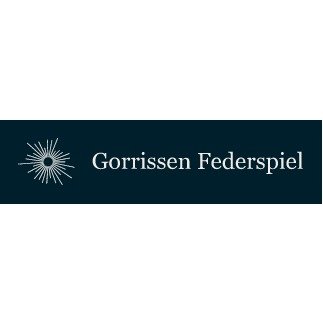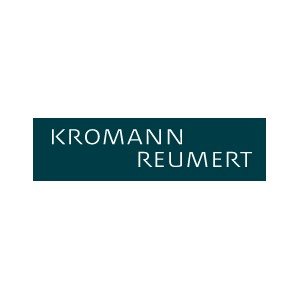Best International Trade Law Lawyers in Aarhus C
Share your needs with us, get contacted by law firms.
Free. Takes 2 min.
List of the best lawyers in Aarhus C, Denmark
About International Trade Law in Aarhus C, Denmark
International Trade Law in Aarhus C, Denmark, focuses on the rules and regulations governing trade between Denmark and other countries. This area of law includes a variety of legal issues, such as customs regulations, export controls, sanctions, international commercial contracts, dispute resolution, and compliance with the rules of the European Union and the World Trade Organization. Aarhus, being a significant economic hub, has a vibrant business environment that engages in international trade, necessitating a robust legal framework to ensure smooth and lawful cross-border commercial activities.
Why You May Need a Lawyer
There are several situations where individuals or businesses might require legal assistance in International Trade Law in Aarhus C. Common reasons include navigating complex international agreements, ensuring compliance with export and import regulations, resolving cross-border disputes, understanding tariffs and trade barriers, and dealing with sanctions and embargoes. A lawyer can help interpret international regulations, negotiate trade deals, and represent parties during disputes to protect their interests.
Local Laws Overview
Denmark, as a member of the European Union, adheres to the EU's trade laws and regulations, which directly influence international trade practices in Aarhus C. Key aspects include compliance with EU customs codes, adherence to the Common Commercial Policy, understanding the implications of trade agreements between the EU and third countries, and navigating regional trade preference schemes. Denmark also has specific national laws governing export control and dual-use goods, crucial for businesses engaging in international trade.
Frequently Asked Questions
1. What is the role of customs in international trade law?
Customs play a vital role by enforcing regulations on the import and export of goods, collecting tariffs, and preventing illegal trade activities in Aarhus C and beyond.
2. How does EU membership affect international trade laws in Denmark?
As an EU member, Denmark aligns its trade laws with EU regulations, which facilitates tariff-free trade within the EU and harmonizes external trade policies.
3. What are the common documents required for international trade transactions?
Essential documents include the commercial invoice, bill of lading, certificate of origin, export license, and customs declaration forms.
4. How can I ensure compliance with Danish export control laws?
Businesses must familiarize themselves with Denmark's list of controlled goods, apply for necessary export licenses, and adopt internal compliance programs.
5. What is the significance of trade agreements for businesses in Aarhus C?
Trade agreements can open new markets, reduce trade barriers, and enhance competitiveness for businesses by providing preferential treatment to signatory countries.
6. How are cross-border trade disputes resolved?
Disputes are typically settled through negotiation, arbitration, or litigation. International arbitration is preferred for its neutrality and enforceability of awards.
7. What impact do international sanctions have on trade?
Sanctions can restrict trade with specific countries or entities, affecting contracts, supply chains, and overall business strategies.
8. Are there tax implications associated with international trade?
Yes, international trade involves various tax obligations, including VAT, duties, and potential double taxation, necessitating careful tax planning.
9. Can I trade dual-use goods without restrictions?
Trading dual-use goods, which have both civilian and military applications, requires compliance with stringent export control regulations.
10. Who regulates international trade practices in Aarhus C?
Regulatory oversight is provided by Danish authorities, the European Commission for EU-wide regulations, and international bodies like the WTO.
Additional Resources
For further information and support in International Trade Law, consider consulting the following resources:
- The Danish Ministry of Industry, Business, and Financial Affairs
- The Business Development Centre Central Denmark (Erhvervshus Midtjylland)
- The European Union’s Official Website for legislative documents
- Local chambers of commerce, such as the Aarhus Chamber of Commerce
- International law firms based in Aarhus providing specialized services in trade law
Next Steps
If you require legal assistance in International Trade Law, consider the following steps:
- Identify your specific legal needs related to international trade.
- Research and select a qualified lawyer or law firm with expertise in International Trade Law in Aarhus C.
- Prepare relevant documentation and outline your objectives before your consultation.
- Engage in a consultation to discuss your needs, evaluate options, and develop an action plan with your legal advisor.
Lawzana helps you find the best lawyers and law firms in Aarhus C through a curated and pre-screened list of qualified legal professionals. Our platform offers rankings and detailed profiles of attorneys and law firms, allowing you to compare based on practice areas, including International Trade Law, experience, and client feedback.
Each profile includes a description of the firm's areas of practice, client reviews, team members and partners, year of establishment, spoken languages, office locations, contact information, social media presence, and any published articles or resources. Most firms on our platform speak English and are experienced in both local and international legal matters.
Get a quote from top-rated law firms in Aarhus C, Denmark — quickly, securely, and without unnecessary hassle.
Disclaimer:
The information provided on this page is for general informational purposes only and does not constitute legal advice. While we strive to ensure the accuracy and relevance of the content, legal information may change over time, and interpretations of the law can vary. You should always consult with a qualified legal professional for advice specific to your situation.
We disclaim all liability for actions taken or not taken based on the content of this page. If you believe any information is incorrect or outdated, please contact us, and we will review and update it where appropriate.

















